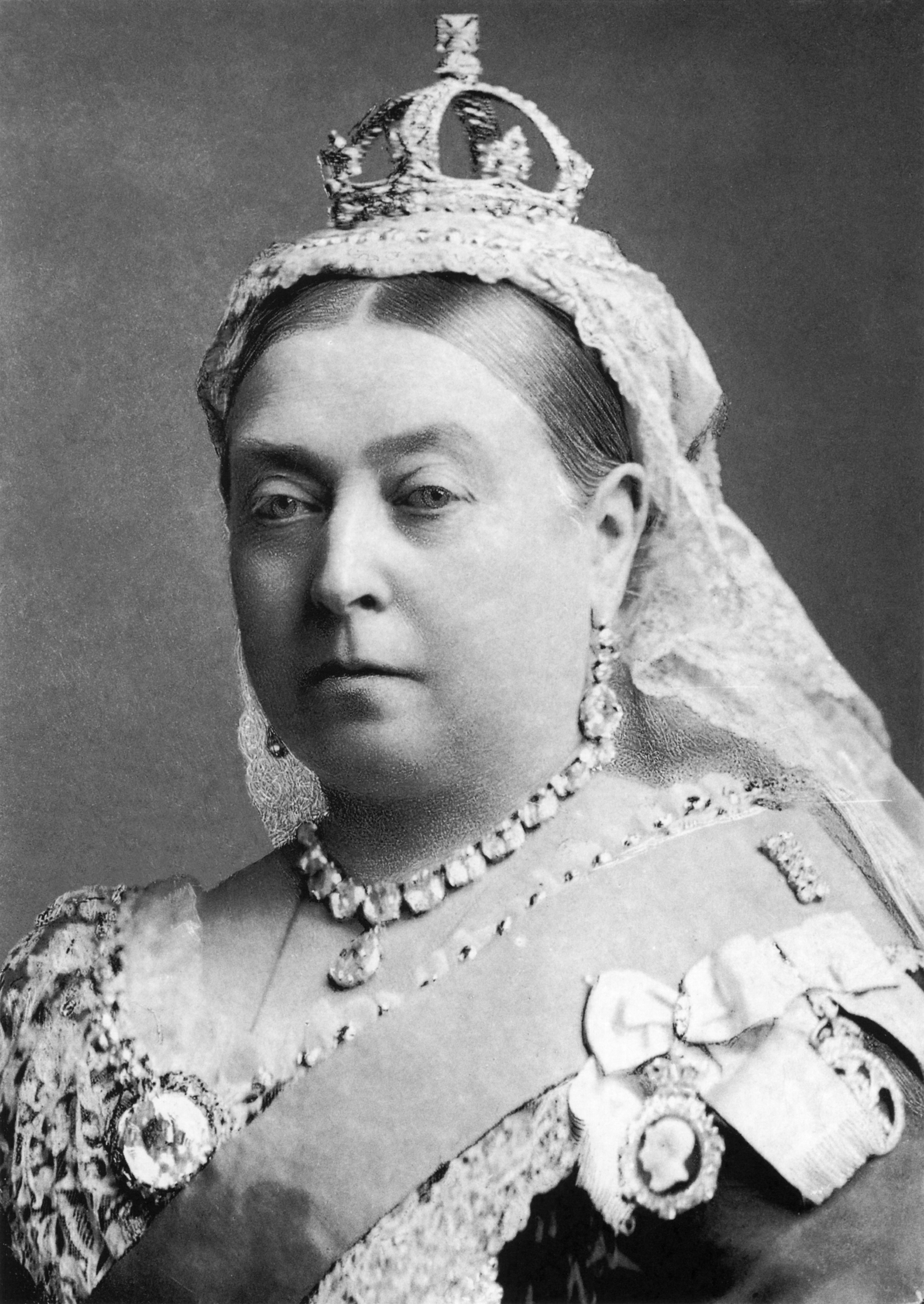This quotation is attributed to Victoria, with varying stories. In Caroline Holland's Notebooks of a Spinster Lady, published in 1919, the story is put without clear details: "Her remarks can freeze as well as crystallise. There is a tale of the unfortunate equerry who ventured during dinner at Windsor to tell a story with a spice of scandal or impropriety in it. "We are not amused," said the Queen when he had finished" http://www.archive.org/stream/cu31924028287195#page/n279/mode/2up. Other stories describe it as a saying after viewing a production of Gilbert and Sullivan's HMS Pinafore or a reaction to a groom-in-waiting of hers, the Hon. Alexander Grantham Yorke, either to a theatrical production he put on, or to a risqué joke he told to a German guest and which the Queen asked him to repeat after the guest laughed loudly. The quote appeared in a chapter of the 1885 novel The Talk of the Town by James Payn, but without being attributed specifically to Queen Victoria. On p. 219 http://books.google.com/books?id=jugXAAAAYAAJ&pg=PA219#v=onepage&q&f=false of the book, a character named William Henry is cut off in the midst of telling a story, and the author compares this to an anecdote involving an unnamed member of the Royalty: "There was once a young gentleman who was endeavouring to make himself agreeable as a raconteur in the presence of Royalty. When he had done his story, the Royal lips let fall these terrible words: 'We are not amused.' Poor William Henry found himself in much the same position." A book from two years later, the 1887 Royal Girls and Royal Courts by Mary Sherwood, does attribute the quote to Victoria in a chapter on English Royalty, in the following anecdote from p. 182 http://books.google.com/books?id=m_xZAAAAMAAJ&pg=PA182#v=onepage&q&f=false: "Sir Arthur Helps, however, told a different story. Sitting low down the table, he described the members of the household as chatting and laughing, when the Queen—looking grimly at them—remarked, 'We are not amused!' which must have had a cooling effect." This article http://www.grammarphobia.com/blog/2011/07/nosism.html says that the Yale Book of Quotations by Fred Shapiro also gives Victoria's secretary Arthur Helps as the source, and that it was reported in an 1887 newspaper article, although since this was two years later than James Payn's anecdote in The Talk of the Town this might cast some doubt on the validity of the story. More recent documents suggest that the attribution of the quote to Victoria is in fact misguided, instead belonging to Queen Elizabeth I. An interview with Princess Alice, Countess of Athlone in 1976 states that the Princess asked her grandmother about this quotation and that Victoria said that she had never said the famous phrase (see the clip at 5:56 in this video http://www.youtube.com/watch?v=qS4hAbHLszw, from the 2001 BBC program Reel Victorians: Nineties Girls http://ftvdb.bfi.org.uk/sift/title/698971; the clip is from an interview that originally aired in the 1977 BBC program Royal Heritage: Victoria, Queen and Empress - The Princess Alice Interview http://ftvdb.bfi.org.uk/sift/title/746389).
Disputed

